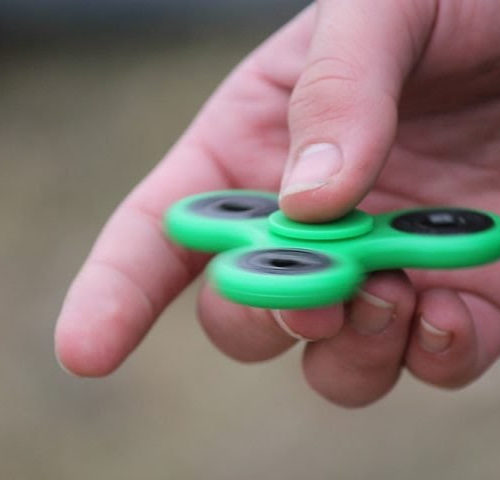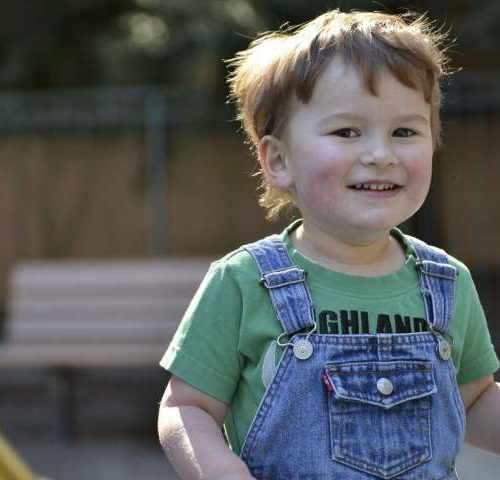“Couche-Tard”. When their autistic child spoke the name of this well-known chain of Quebec convenience stores out loud in the car, his parents couldn’t believe their ears. How could their four-year-old have read the sign as they drove by? Until then, he’d never uttered a single word. This case of hyperlexia, the ability to decipher letters...
Category: <span>Autism</span>
Evidence found of link between gut microbe deficiency and autism spectrum disorder
by Bob Yirka , Medical Xpress A team of researchers affiliated with a host of institutions in China has found evidence of a gut microbe deficiency in children who develop autism spectrum disorder (ASD). In their paper published in the journal Science Advances, the group describes their study of gut microbes in ASD children and what they found....
Prescription drug improves symptoms of autism by targeting brain’s chemical messengers
UNIVERSITY OF CAMBRIDGE Bumetanide – a prescription drug for oedema (the build-up of fluid in the body) – improves some of the symptoms in young children with autism spectrum disorders and has no significant side effects, according to a new study from researchers in China and the UK. Published today in Translational Psychiatry, the study demonstrates for the first time that the drug improves the symptoms by decreasing the ratio...
New research explains why people with Down syndrome have spatial memory problems
The triplication of a single gene, GRIK1, located on chromosome 21, causes alterations in inhibitory synaptic transmission in the hippocampus, related to memory and space orientation SPANISH NATIONAL RESEARCH COUNCIL (CSIC) Professor Juan Lerma’s group, from the UMH-CSIC Institute of Neurosciences, in Alicante (Spain), has identified the gene called GRIK1, fundamental in the balance between...
Drug combination reverses hypersensitivity to noise in a model of autism spectrum disorder
by Anne Trafton, Massachusetts Institute of Technology People with autism often experience hypersensitivity to noise and other sensory input. MIT neuroscientists have now identified two brain circuits that help tune out distracting sensory information, and they have found a way to reverse noise hypersensitivity in mice by boosting the activity of those circuits. One of the circuits the researchers identified is involved in filtering noise, while the...
Autism spectrum disorder risk linked to insufficient placental steroid
Single ALLO injection during pregnancy was enough to avert both the cerebellar abnormalities and the aberrant social behaviors in experimental models CHILDREN’S NATIONAL HOSPITAL CHICAGO-A study in experimental models suggests that allopregnanolone, one of many hormones produced by the placenta during pregnancy, is so essential to normal fetal brain development that when provision of that...
New therapeutic strategy may help reverse autism behavioral abnormalities
by Baylor College of Medicine Autism is a developmental disorder that affects 1 in 59 children in the U.S. Mutations in specific genes, such as PTEN, can explain many autism cases. While children with mutations in PTEN exhibit autism, macrocephaly (an abnormally large skull), intellectual disability and epilepsy, there are currently no effective treatment options...
Inflammation and autism—an important piece of the puzzle
by Delthia Ricks , Medical Xpress Autism spectrum disorder has neither a distinct pathogenesis nor pharmaceutical treatment, yet evidence continues to mount demonstrating immune dysfunction and inflammation in specific brain regions of children diagnosed with the neurodevelopmental condition. A collaborative group of researchers in Boston and Italy has discovered that pro- and anti-inflammatory cytokines apparently...
Perturbed Genes Regulating White Blood Cells Linked to Autism Genetics and Severity
Posted Today Researchers at University of California San Diego School of Medicine say they are getting closer to identifying the mechanisms of autism spectrum disorder (ASD) and biomarkers that can aid in early diagnosis and predictions of symptom severity. A team of scientists analyzed blood gene expression data from 302 one- to four-year-old boys with...
First large-scale study of universal screening for autism raises questions about accuracy
Researchers urge continued screening for all toddlers, while recommending changes to M-CHAT screening method to improve accuracy, address disparities CHILDREN’S HOSPITAL OF PHILADELPHIA Philadelphia, September 27, 2019 – In the first large, real-world study of universal screening for autism spectrum disorder (ASD) in toddlers, researchers at Children’s Hospital of Philadelphia (CHOP) have found that the...


